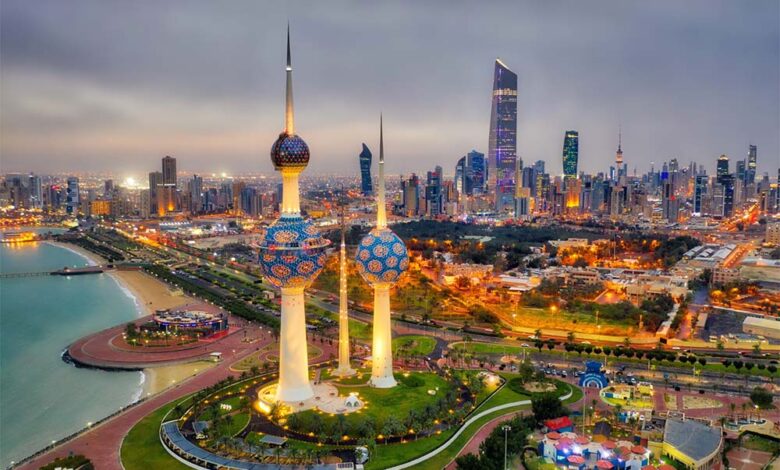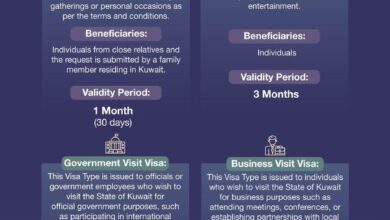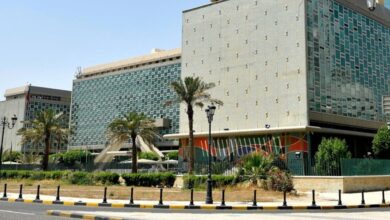Ban on Article 18 visa holders partnership in firms extended

Ministry of Commerce and Industry (MoCI) has decided to maintain the ban on Article 18 residency holders from establishing companies or institutions as partners or managing partners, or being listed in the commercial register.
The ban was enforced as it was deemed incompatible to combine the roles of private sector worker (Article 18) and foreign business owner or partner (Article 19). The ban is expected to remain in force until more effective regulatory controls are implemented. However, until the finalization of regulatory controls, all existing companies and institutions with ownership structures that include Article 18 shareholders will be allowed to continue operations without any changes.
According to the data from the Public Authority of Manpower, approximately 9,600 individuals working in the private sector under Article 18 work permits have obtained the status of partner or managing partner across about 44,500 licenses, most of which were for limited liability firms. Officials from the Ministry of Commerce and Industry, in coordination with the Ministry of Interior and the Public Authority of Manpower, are said to be discussing the development of a new mechanism to address the status of Article 18 expatriates as partners or managing partners in companies, both at the time of establishment and in existing entities. These discussions include recommendations to review the requirements of Article 19, particularly regarding the minimum contribution value, currently set at 100,000 dinars, and the ownership period, which is three consecutive years.
One of the proposed measures reported to be under consideration is to restrict companies with Article 18 contributors from opening more than one branch unless regulatory authorities verify that the company is operational and requires expansion due to its activities. They also hinted that there is currently no objection to allowing Article 18 residents to contribute to companies as managing partners in the future.
The new mechanism could involve the transition of expatriate partners holding Article 18 residency to Article 19 status, or to retain them under new conditions currently being prepared. No matter what the final decision on Article 18 residency holders are in this matter, officials stated that new laws would still safeguard the legal and financial positions of current owners. A grace period of up to one year is likely to be granted to facilitate the transition, and ensure that expat owners unable to adjust their status are not forced into defensive sales that could harm their rights or distort market evaluations by artificially increasing supply.
Executive measures to address the current situation are part of a broader plan, spearheaded by the Ministry of Commerce and Industry in collaboration with relevant authorities, to improve the local business environment. This initiative aims to attract serious investors to establish companies in Kuwait while combating practices related to trading in residency permits.
Difference between Article 18 and Article 19 Residency
Residency under Article 18 of the Executive Regulations of the Foreigners’ Residence Law, issued by Ministerial Decree No (957) of 2019, applies to individuals employed under work permits. These individuals are subject to the supervision and authority of their employers.
Article 1 of Law No (6) of 2010 concerning private sector employment defines a worker as: “Every male or female who performs manual or intellectual work for the benefit of an employer and under their management and supervision in exchange for remuneration.” It also defines an employer as: “Every natural or legal person who employs workers for wages.” In contrast, Article 19 stipulates that “it is permissible to grant ordinary residency to an investor or foreign partner in a commercial or industrial activity.”
This is subject to conditions, including that the expatriate must be a partner with a minimum share of 100,000 dinars, and their ownership must be reflected in the last three certified budgets approved by the Ministry of Commerce and Industry.















